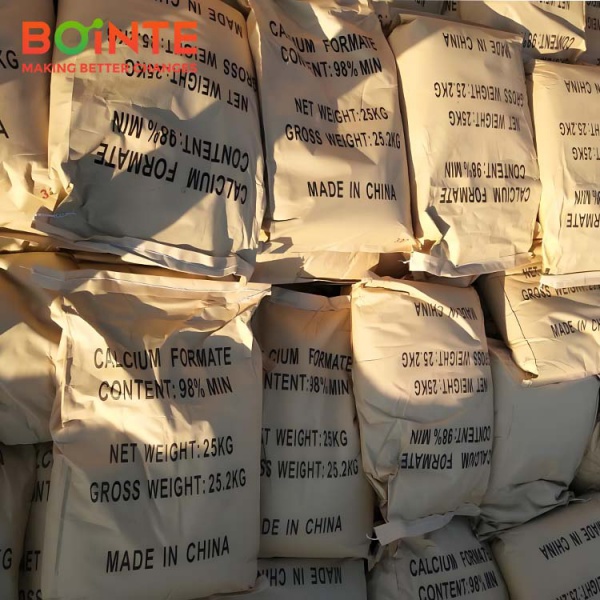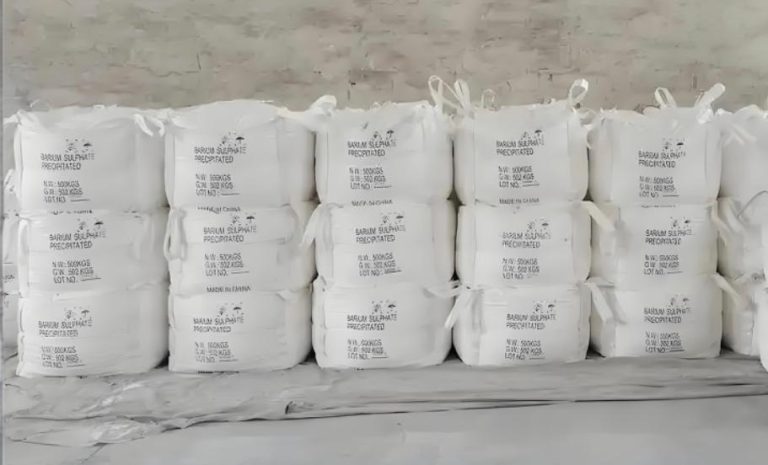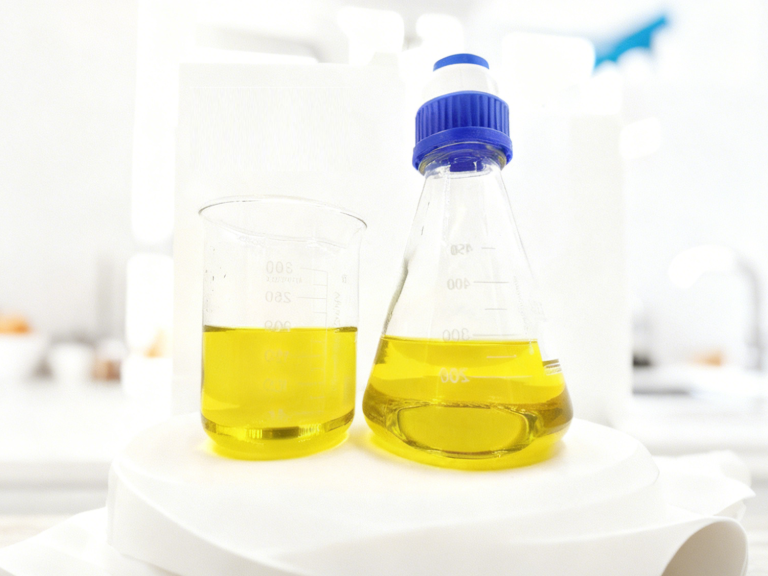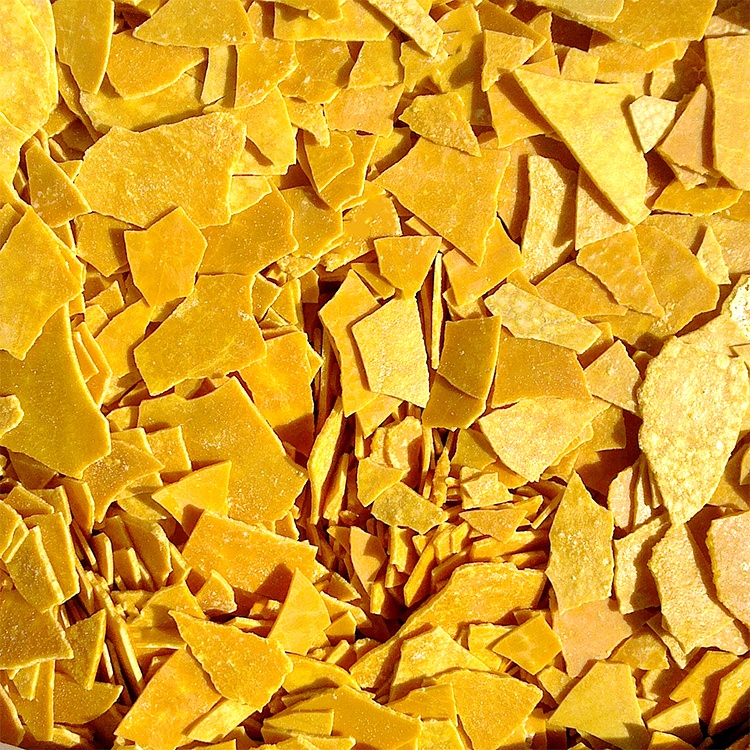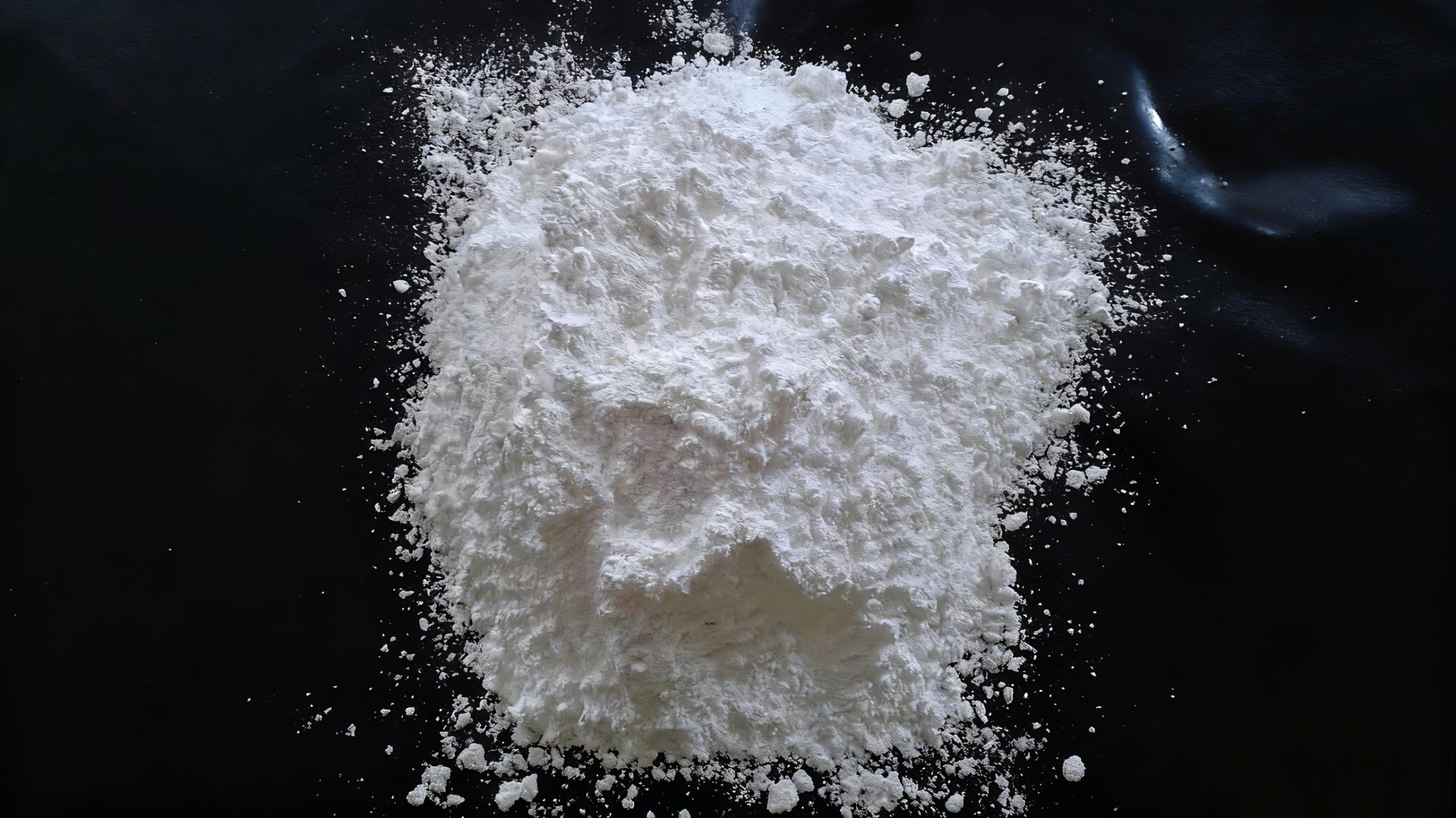
En la producción cotidiana e incluso en nuestras vidas regulares, el sulfato de bario es en realidad bastante útil. Es químicamente estable, denso y cubre los colores realmente bien. Y no solo es útil para todo tipo de necesidades, sino que también ayuda a un montón de industrias a reducir costos. Como cambiar materias primas caras, evitar pérdidas por accidentes o incluso simplemente hacer menos productos defectuosos. Todas estas cosas realmente reducen los costos de una manera que realmente se puede ver. Déjame guiarle a través de algunos casos específicos para mostrar cómo ahorra dinero y qué tipo de resultados está viendo.
1.Industria de recubrimientos
Piense en las pinturas de látex usadas en los exteriores de los edificios, o los recubrimientos para los muebles. Todos necesitan pigmentos blancos para cubrir el color base, ¿verdad? Para que parezcan blancos brillantes. El dióxido de titanio solía ser el go-to para esto, pero hombre, no es barato. Cuesta alrededor de 18.000 yuanes por tonelada, por lo que es una de las materias primas más caras en los recubrimientos. ¿Sulfato de bario? Historia totalmente diferente. Cuesta solo 3.500 yuanes por tonelada, tiene casi la misma blancura que el dióxido de titanio e incluso hace que los recubrimientos sean más resistentes al desgaste y al daño solar. Es una gran opción para reemplazar parte de ese dióxido de titanio.
Tomemos como ejemplo la fabricación de 1 tonelada de pintura de látex para paredes exteriores.
La vieja manera: no usa nada más que dióxido de titanio. Sólo por esa materia prima, está gastando 18.000 yuanes.
La manera con el sulfato de bario: Mezclar el 30% de sulfato de bario (eso es 0,3 toneladas) y mantener el 70% de dióxido de titanio (0,7 toneladas). El costo total de las materias primas se calcula en (0.7×18.000) (0.3×3.500) = 12.600 1.050 = 13.650 yuanes.
Con este intercambio, usted está reduciendo directamente el costo de la materia prima por tonelada de pintura en 4.350 yuanes. Es una reducción del 24,2%, bastante significativa. Además, añadir sulfato de bario significa que es menos probable que la pintura se vuelva amarilla una vez que se seca. Las paredes tampoco se desgastarán tan fácilmente. Esto también ahorra dinero en mantenimiento más tarde. Como, tome un edificio residencial con un exterior de 100.000 metros cuadrados. Use pintura con sulfato de bario, y no tendrá que volver a pintarla una y otra vez durante 5 años. Ahorrará alrededor de 200.000 yuanes solo en mantenimiento, sin broma.
2.Industria de plásticos
Los plásticos como las tuberías de drenaje de PVC o las carcasas de electrodomésticos, la mayoría de ellos usan resina de PVC como materia prima principal. Esa resina cuesta 8.000 yuanes por tonelada, y representa más del 60% del costo total de la materia prima. Pero aquí está la cosa: el sulfato de bario se puede usar como relleno. No solo reemplaza parte de la resina para ahorrar dinero, sino que también hace que el plástico sea más duro. Más resistente a los impactos y mantiene mejor su forma. Esto significa menos productos defectuosos durante la producción.
Usamos la fabricación de 1 tonelada de tubos de drenaje de PVC como ejemplo.
La vieja manera: No hay sulfato de bario en absoluto, solo 100% de resina de PVC. El costo de la materia prima es de 8.000 yuanes. Pero debido a que la resina no es lo suficientemente dura, aproximadamente el 3% de los productos terminan defectuosos.
La manera con sulfato de bario: Añadir 40% de sulfato de bario (0,4 toneladas) y mantener 60% de resina de PVC (0,6 toneladas). El costo de la materia prima aquí es (0.6 x 8.000) (0.4 x 3.500) = 4.800 1.400 = 6.200 yuanes. Y la tasa de defectos cae a solo 1%.
Solo mirando las materias primas, ahorras 1.800 yuanes por tonelada. Es un recorte del 22,5%. ¿Y si consideras la pérdida por productos defectuosos? Antes, cada tonelada de productos defectuosos le costaría 8.000 x 3% = 240 yuanes. Ahora es solo 6.200 x 1% = 6,2 yuanes. Eso es un ahorro adicional de 233,8 yuanes por tonelada. Si una fábrica de plástico hace 10.000 toneladas de tuberías de drenaje de PVC al año, simplemente agregar sulfato de bario les permite ahorrar (1.800 233,8) × 10.000 = 20.338.000 yuanes al año. Eso es una gran cantidad de ahorro, no puedes ignorarlo.
3. Industria de perforación de petróleo
Cuando está perforando pozos petroleros profundos, como los de más de 3.000 metros de profundidad, tiene que agregar un "agente de pesaje" al lodo de perforación. Sin él, la presión en el pozo se desequilibra. Y luego puede terminar con cosas peligrosas como explosiones o tuberías atascadas. El polvo de mineral de hierro solía ser el agente de pesado común. Son 5.000 yuanes por tonelada. ¿Pero el problema? No es químicamente estable. Corrode el equipo fácilmente y se asenta de manera desigual. Eso significa que siempre está reparando equipo (que cuesta dinero) y se enfrenta a un mayor riesgo de accidentes.
El sulfato de bario es más caro que el polvo de mineral de hierro: 8.000 yuanes por tonelada. Pero es estable y se establece uniformemente. Así que soluciona todos esos viejos problemas. Tomemos un aceite de 3.000 metros de profundidad como ejemplo.
La manera antigua: Use polvo de mineral de hierro como agente de pesaje. Sólo para el mantenimiento del equipo en un pozo, está gastando 20.000 yuanes. Cosas como reemplazar tuberías corroidas o fijar bombas. Y hay una probabilidad del 5% de un accidente, un solo accidente cuesta más de 500.000 yuanes. Así que el costo de riesgo aquí es 500.000 x 5% = 25.000 yuanes.
La manera con el sulfato de bario: El equipo apenas se corroe. Así que los costos de mantenimiento caen a 5.000 yuanes. La tasa de accidentes también disminuye al 0,5%, por lo que el costo de riesgo es de solo 500.000 x 0,5% = 2.500 yuanes.
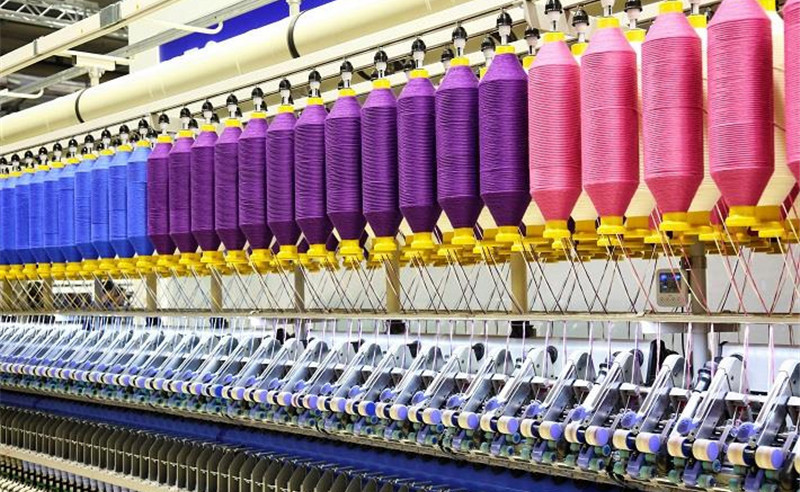
Hace los cálculos: ahorra 15.000 yuanes en mantenimiento por pozo y 22.500 yuanes en costos de riesgo. Eso es un total de 37.500 yuanes ahorrados por pozo. Si un campo petrolífero perfora 50 pozos al año, el uso de sulfato de bario les permite ahorrar 1.875.000 yuanes anualmente. Además, no tiene que detener la producción por accidentes. Así que también eres más eficiente, eso es un bono.
Ya sea que se trate de intercambiar materias primas en recubrimientos, hacer que los plásticos funcionen mejor o mantener la perforación petrolera segura, el sulfato de bario ayuda a ahorrar dinero de más de una manera. ¿La mejor parte? No sólo satisface las necesidades básicas por menos dinero. También mejora la calidad de los productos y reduce los accidentes. Así que obtiene tanto “ahorros directos de costos como ganancias indirectas de eficiencia”. Para las empresas que quieren mantener los costos bajos pero todavía fabrican buenos productos, el sulfato de bario es realmente una opción rentable. Y creo que terminará siendo útil en aún más industrias en el futuro - marca mis palabras.

